China’s Flagrant Abuse of Antibiotics Appears to Be Fueling Child Pneumonia
China’s outbreak of pediatric respiratory disease marches on, spreading far wider and lasting longer than Communist Party health officials anticipated.

China’s outbreak of pediatric respiratory disease marches on, spreading far wider and lasting longer than Communist Party health officials anticipated.

Health experts from Sweden have warned of an “alarming antibiotic resistance” being developed in some patients in Ukraine.

Two cases of a novel strain of gonorrhea, a sexually transmitted disease, have been found, health officials in Massachusetts say.
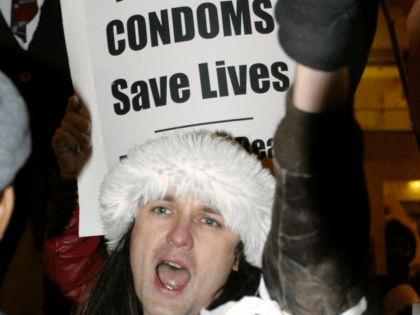
White House trade adviser Peter Navarro says the Chinese coronavirus crisis is vindicating President Trump’s economic nationalist agenda, underscoring how “dangerously over-dependent” the nation is on global supply chains overseas.

The current landscape of infection control is rife with a growing trend of microorganisms that antibiotics cannot treat — and the declining supply of appropriate medication is worsening the problem.
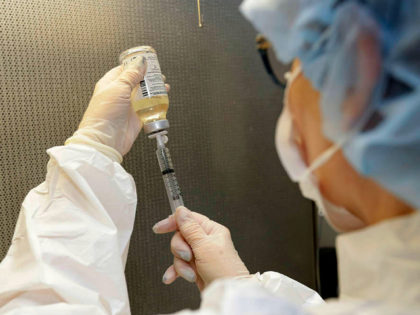
The Israeli start-up BiomX, which last week completed a $24 million round of financing, is aiming to replace the need for conventional antibiotics by developing treatments that selectively eliminate specific bacteria.
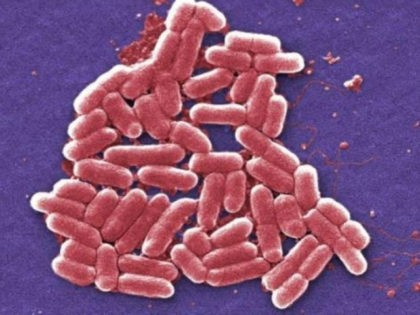
In a reported bid to protect public health, the U.S. Food and Drug Administration has enlisted a Texas Tech University food center to monitor commercially-sold meat for pathogens and superbugs.
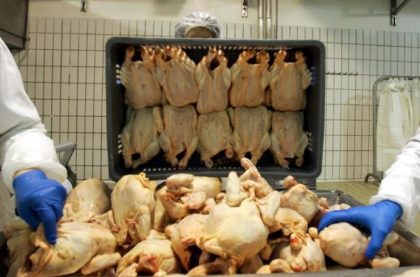
A new trend shows that some people may be using their pets’ medications, according to a study conducted on antibiotic use.
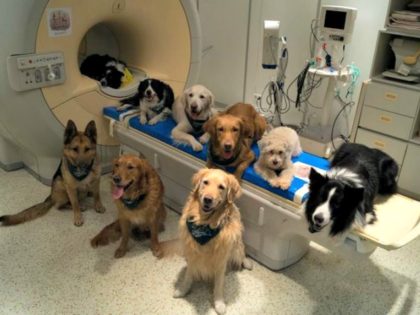
A day long-feared by doctors has arrived: A patient in the United States infected by a strain of bacteria that appears completely resistant to antibiotics.

Another week, another dead cat thrown on the table by the Remain leader David Cameron. Antibiotic resistance is a major threat to public health but hardly a new one. It’s been urgent for at least 20 years, and the first
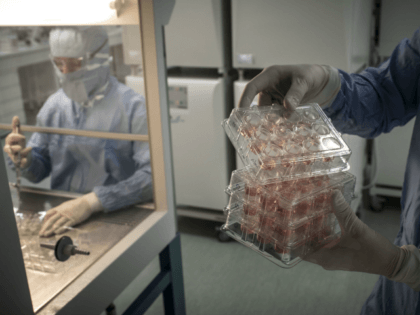
ISE-SHIMA, Japan (Reuters) – British Prime Minister David Cameron urged leaders of the G7 industrial powers on Friday to do more to reduce the use of antibiotics and to reward drug companies for developing new medicines to fight drug-resistant superbug infections.

(AFP) – Ten million people could die by 2050 unless sweeping global changes are agreed to tackle increasing resistance to antibiotics, which can turn common ailments into killers, a report warned Thursday. Commissioned by the British government, the Review on
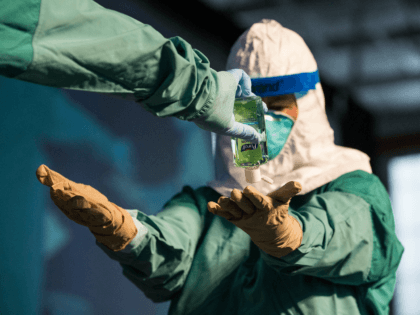
A new study showing rapid adaptation of harmful bacteria able to resist even the sternest antibiotics has led a number of scientists to warn of an imminent “post-antibiotic era” when current medicine will find itself unable to treat many common
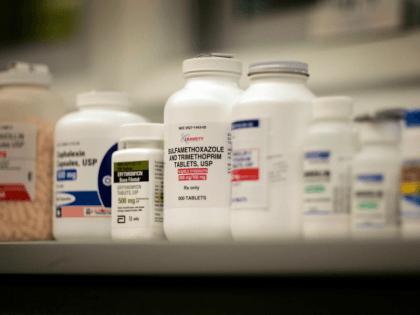
Gov. Jerry Brown has signed a controversial law making California the nation’s strictest regulator of the use of livestock antibiotics, limiting use only to sick animals directly under the care of a veterinarian.

Using the fear triggered by recent deaths catalyzed by superbugs as a launching pad for spending another billion dollars, the Obama administration is going to announce the spending of over $1 billion over the next five years to combat the problem of antibiotic resistance.

Four patients at Cedars-Sinai have contracted the “CRE super-bug.” One has died and 67 are at risk of exposure, according to a hospital spokesman. The latest outbreak follows the death of two patients, near-death of five, and exposure to 179 patients in a similar outbreak from October through early January at UCLA’s Ronald Reagan Medical Center. In both occurrences the culprit seems to have been contaminated body scopes.
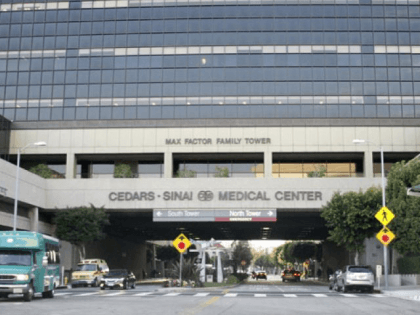
On Wednesday, the Centers for Disease Control revealed that a superbug called Clostridium difficile, or C. diff, triggers over 450,000 infections a year nationwide and causes nearly 15,000 deaths. The bacterial infection, which is contained in feces, can be contracted by contact through hands or contaminated surfaces.
